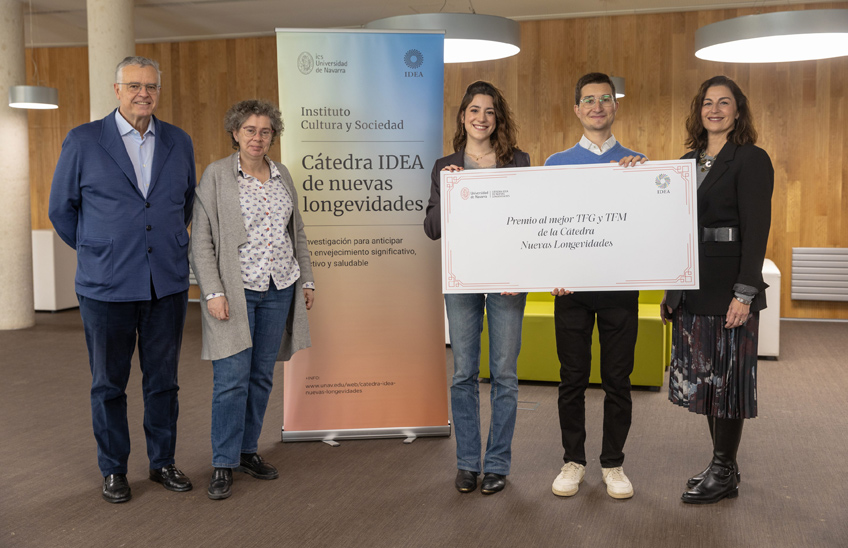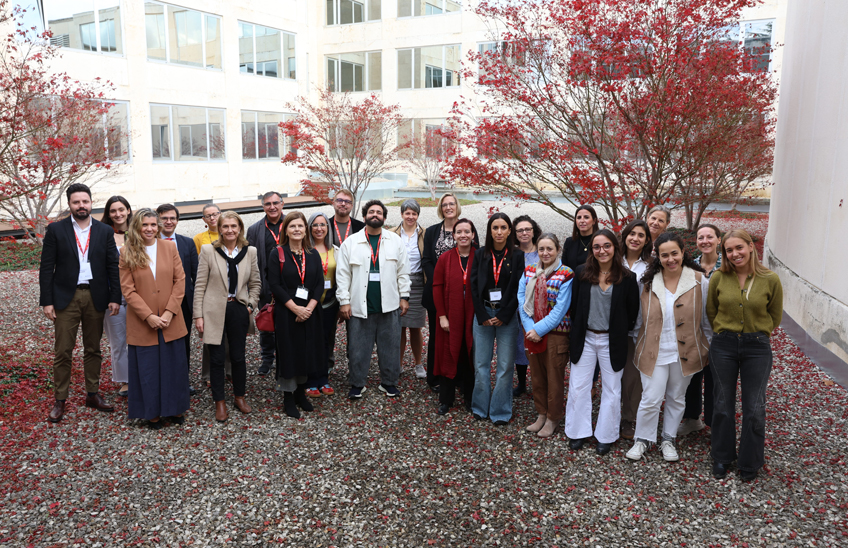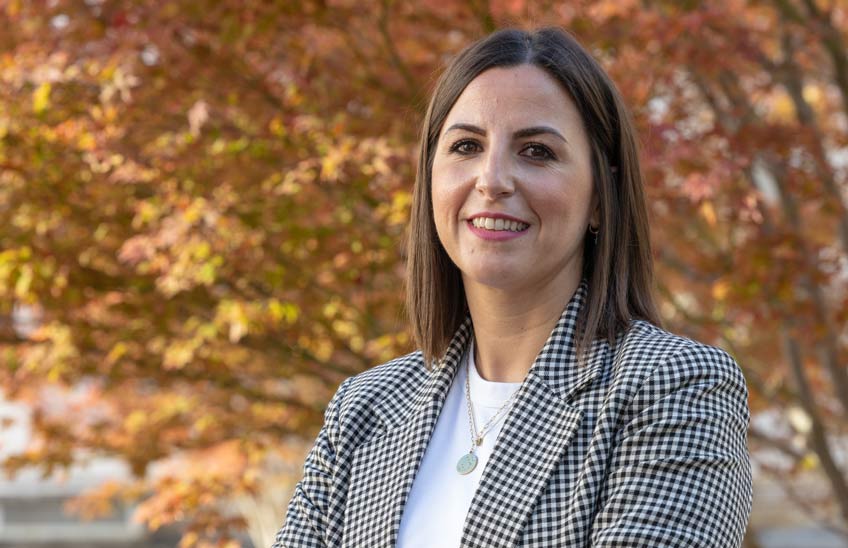Mª Dolores Puga, CSIC researcher: "Making the care of the most fragile in the public discussion and turning it into a collective task is an urgent necessity".
The head scientist of the Spanish National Research committee (CSIC) stressed the importance of long-term care in societies with aging demographics.
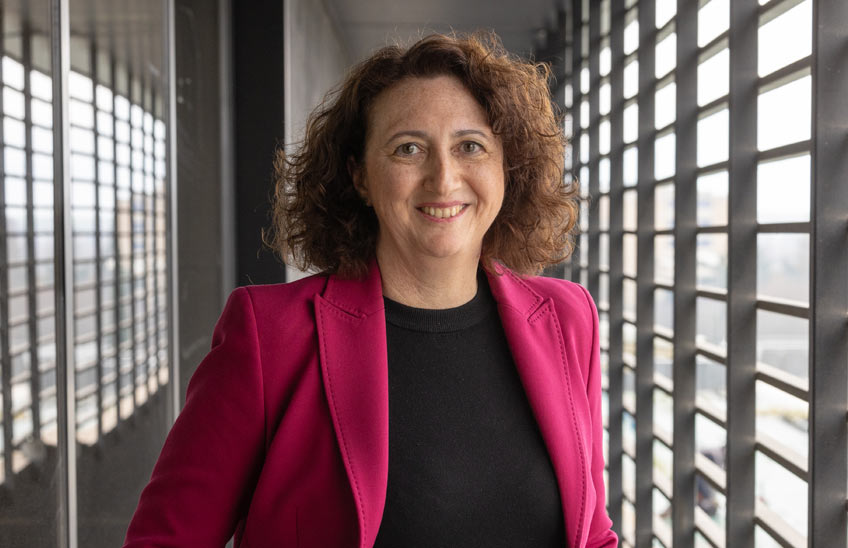
FotoManuel Castells<br>/María Dolores Puga, durante su visita a la Universidad de Navarra
19 | 02 | 2025
Are we prepared for demographic aging and how do we take care of ourselves in populations that are not (and will never be again) those of the past? These were some of the questions addressed by María Dolores Puga, senior scientist of the Spanish National Researchcommittee (CSIC) at the 5th lecture of the Chair IDEA on New Longevities at the University of Navarra. The session sought to analyze the demographic crisis and the new challenges that are emerging to ensure the care of the elderly.
One of the keys to facing the new panorama in an accurate way is to discern the crisis we are facing. In this sense, the speaker proposed to the audience a new framework to address this status: "Let's stop asking ourselves how to solve demographic aging and start asking ourselves how we adapt to it. How do we take care of ourselves in populations that are no longer and will no longer be the populations of the past?"
Adaptation, he explained, involves understanding that today's communities are very different from those of previous generations. As Puga explained, until the 1980s, half of those born did not reach 80 years of age. Year after year, the groups of octogenarians, nonagenarians and centenarians are the ones that grow the most: "We are inaugurating stages of life that until now were known only to a select few and, in addition, we are delaying all transitions to adulthood and old age," he pointed out.
Regarding this paradigm shift, the CSIC senior scientist, member of the research group on Aging, pointed out that deterioration is slowing down, which suggests that society, in a certain sense, rather than aging, is "rejuvenating": "We are moving towards more complex populations, with greater heterogeneity, not only with a larger elderly population, but also with different ages and delayed transitions".
How do we adapt?
"To include the care of the most fragile in the public discussion and turn it into a collective task is an imperative need," said Puga. In the current context, increasing the birth rate does not solve the crisis completely. In the words of the expert, adaptation also involves survival, which translates into new forms of care: "We have to move from the figure of the main caregiver to a network of care that integrates family, formal, informal, market, public, private, intergenerational care...". The family, little by little, has become responsible for emotional care (day-to-day), but not for other instrumental care: "In the end, the overall care that the person receives is greater".
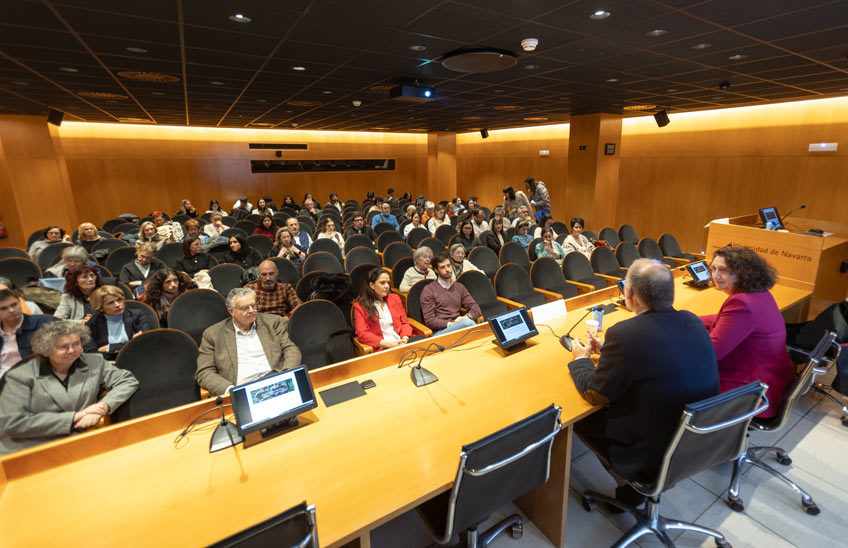
The new longevities require long-term care adapted to current needs: "The immediate environment such as neighborhoods and the community, where we are going to have many elderly (and elderly couples) alone, is very important". In this sense, Puga states that it is necessary to improve the viability of locations, rehabilitate housing, expand the range of services provided in the home, increase care technologies and establish flexible ways of determining needs and coordinating responses.

